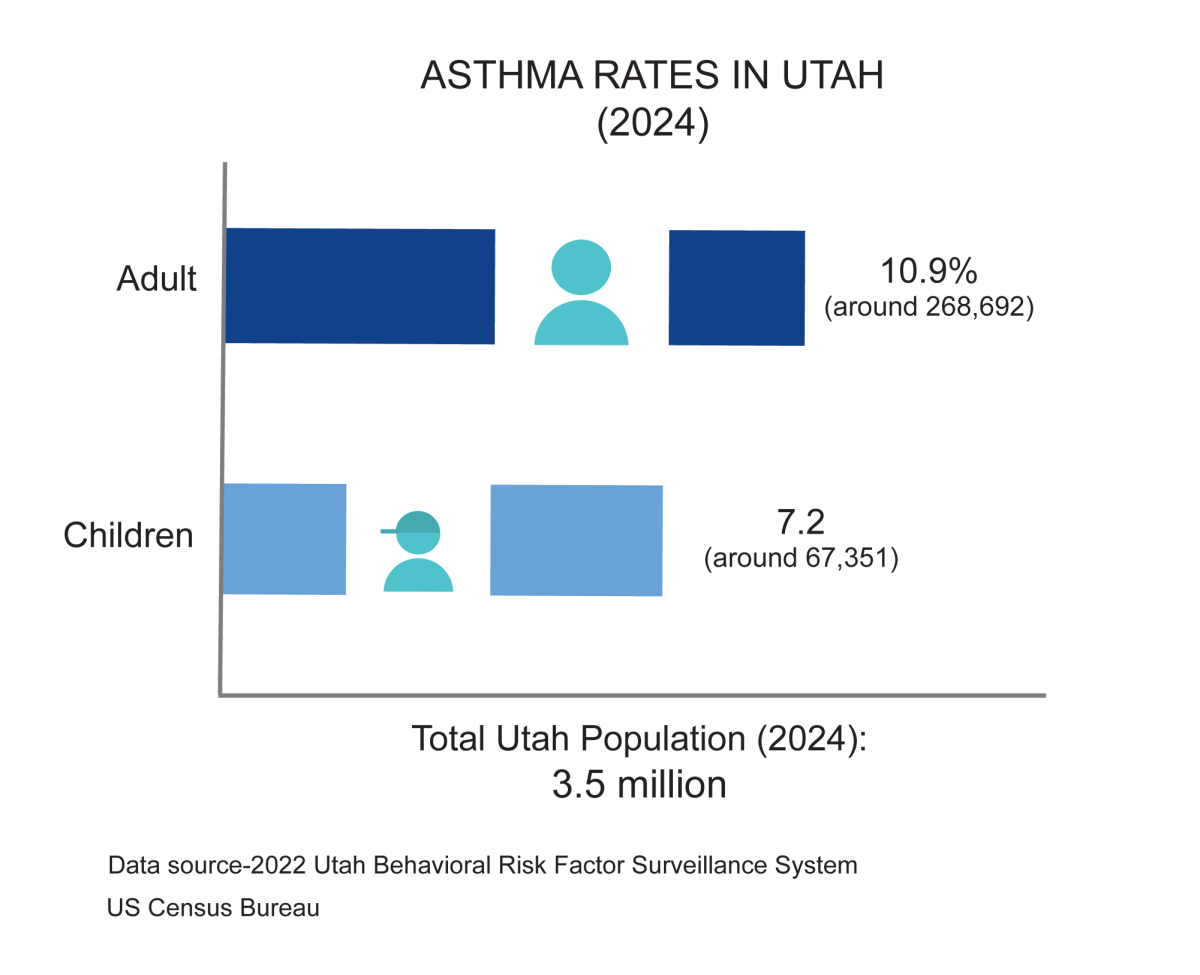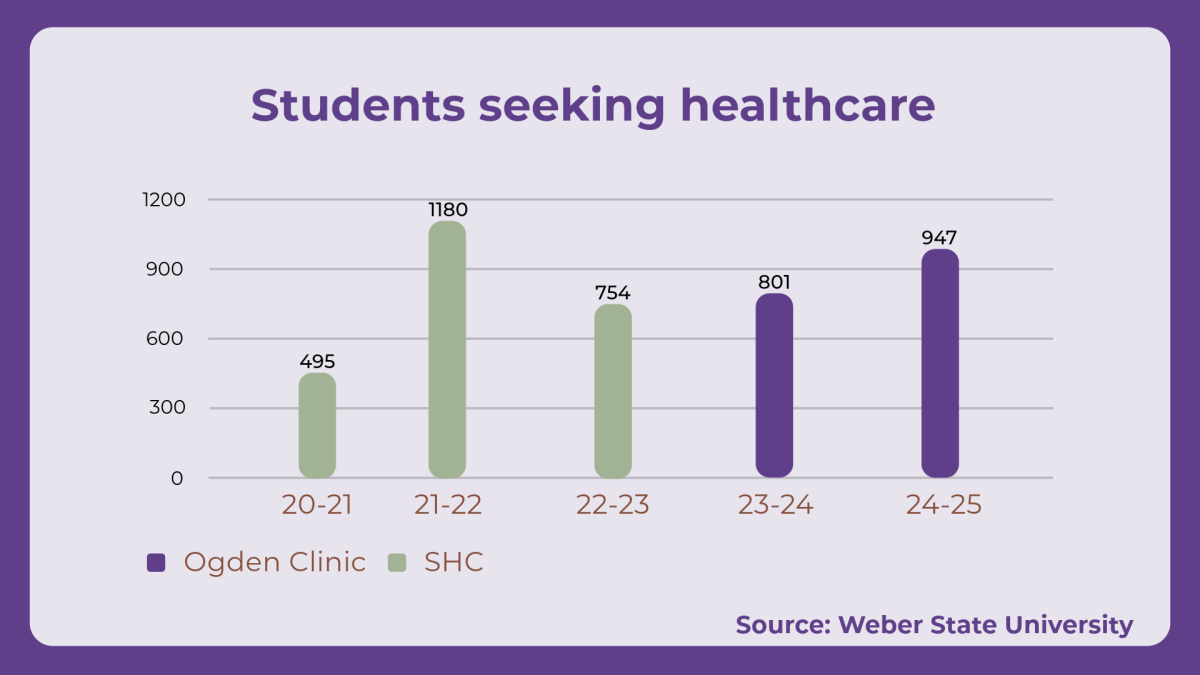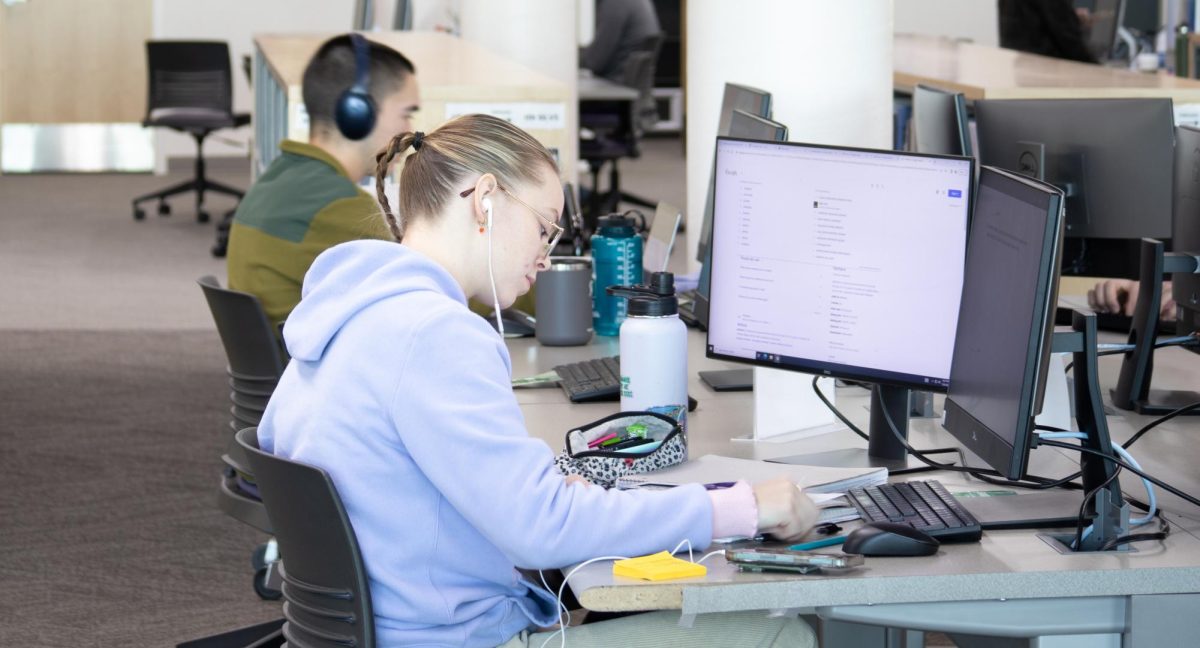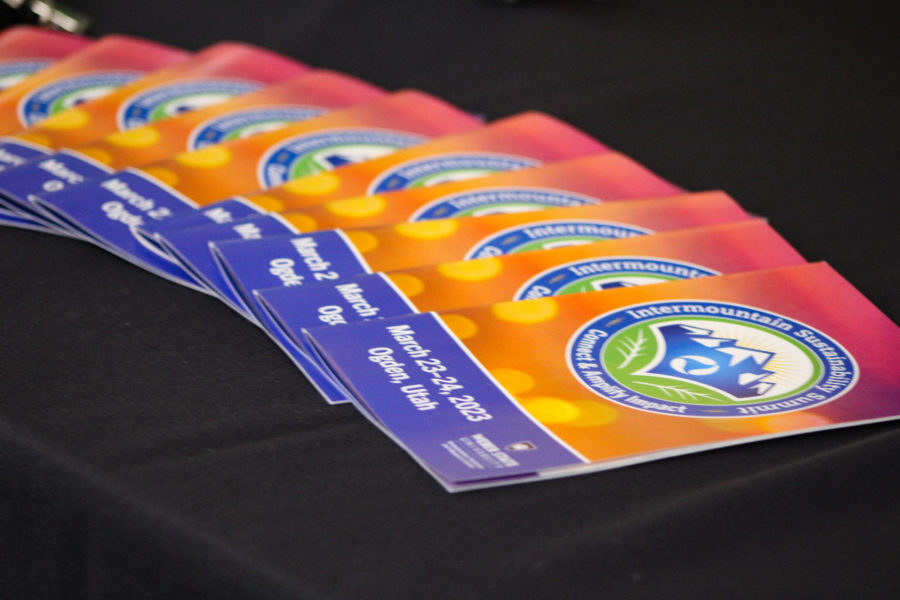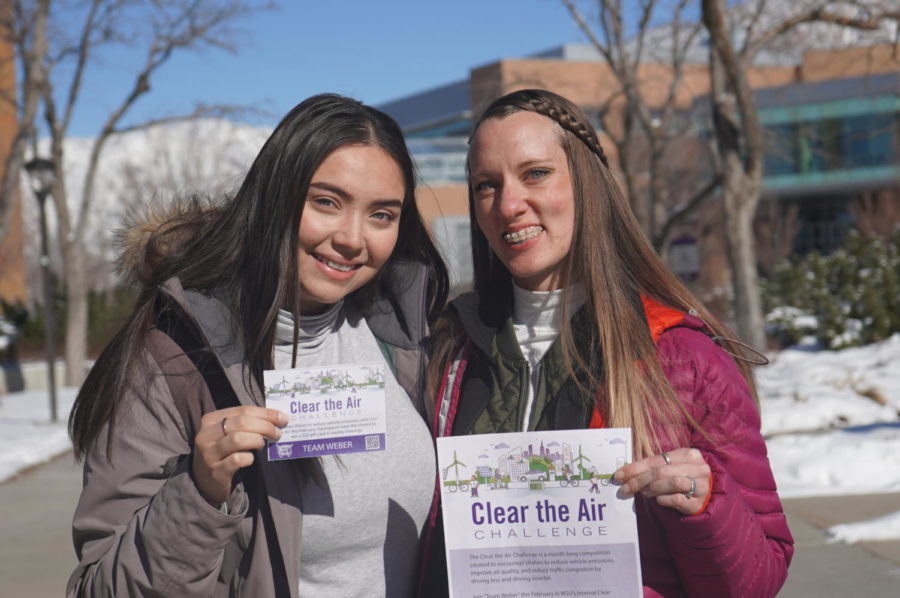No parent wants to spend sleepless nights in a hospital watching their child lie in bed, suffering or unresponsive – so why would some parents intentionally over-drug their kids?
Many kids are overdosed on acetaminophen painkillers, more commonly known as Tylenol. Some parents are aware their kids don’t need the medicine, but use it as a way to put their kids to sleep.

This is an argued form of child abuse, often causing infants to become unresponsive or extremely sick.
Unintended child poisonings are more common – and rising – according to Dr. Dan Budnitz, the director of Consumer Healthcare Products Association Education Foundation.
“In recent years, the number of accidental overdoses in young children has increased by 20 percent,” Budnitz said in a news release.
According to a Time article, about 100,000 kids land in the emergency room every year due to accidental poisoning. More than half – 70 percent — of these are cases resulting from over-the-counter or prescription medications. The leading cause is Tylenol Abuse.
One reason this may occur is caregivers measuring out the wrong amount of medicine. Over 70 percent of parents incorrectly use kitchen spoons to deliver drugs, unknowingly letting their kids ingest incorrect dosages. These spoons do not accurately gauge the amount of medication, throwing everything off.
Another issue could be that is it not uncommon for the labeled amount of medication in the bottle and the prescribed units of medicine to differ. If the contents of the entire package are measured in ounces, but a user needs only a teaspoon, it could become confusing.
To resolve this problem, it has been suggested that all medicine be measured using milliliters. Universal measurements would promote accuracy.
“Good Morning America” pointed out that child-resistant doesn’t necessarily mean child-proof when it comes to medical packaging. On a similar note, Richard Dart, the president of the American Association of Poison Control Centers, warned, “No medication package can be 100-percent childproof.”
Still, companies have worked on improving their packaging. Some over-the-counter drugs are even available in individual doses now, to prevent confusion.
Ninety percent of child poisoning’s occur at home – possibly due to what Kenn Osterhout for the Children’s Hospital of Philadelphia calls the “granny effect.” He explained that of all the medication children are exposed to, about 10 to 20 percent of them belong to their grandparents.
One mistake parents may be making is feeding their kids medicine in general. In 2008, the Federal Food and Drug Administration strongly recommended against delivering cough or cold products to children under four years old.
Yet statistics from the University of Michigan website show that 40 percent of parents still gave their kids under four years old these medications.
Beyond just the typical overdosing (remember, kids don’t need as much medication as a full-grown human), there are other medical aspects to be concerned about.
Most people, if they worry, only concern themselves with overdosing, but not delivering enough medication can also create problems. To make sure the condition is properly treated, parents should give kids exactly the prescribed amount.
Also, using more than one type of medication at once can be dangerous, so don’t administer multiple medications unless a doctor has approved the action.
The Centers for Disease Control and Prevention recommend putting drugs where kids can’t get to them and to double-check that the cap is properly secured.


